
Jakarta, Jun 10:
(AP) Eva Rahmi Salama worries that authorities in Jakarta, Indonesia’s sprawling capital, are acting too soon to lift restrictions put in place two months ago to fight the spread of the coronavirus.
Salama, who lives in Jakarta with her husband, has reason to be concerned. She saw firsthand the tremendous agony the virus can inflict when her mother and father both died from COVID-19 within two days of each other.
As Indonesia’s overall virus caseload continues to rise, Jakarta has moved to restore normalcy by lifting some restrictions this week, saying that the spread of the virus in the city of 11 million has slowed after peaking in mid-April.
This has raised concerns among some, including Salama.
It seems that people are underestimating the virus now, she said.
Looking at Indonesia’s overall handling of the crisis, it’s easy to understand her skepticism.
While Indonesia’s neighbours scrambled early this year to try to contain the spread of the coronavirus, the government of the world’s fourth most populous nation insisted that everything was fine.
Indonesia’s southern neighbour Australia and some fellow Southeast Asian countries such as Singapore took action as early as late January that included containment and tracing measures.
Indonesian President Joko Widodo acknowledged in March that his government had chosen to keep the public misinformed about the state of the coronavirus in the country. Indeed, we did not deliver certain information to the public because we did not want to stir panic, he said at the time.
Adding to the problems, Indonesia has one of the lowest rates of coronavirus testing in the world, with roughly 1,000 tests per million people, according to government figures far behind neighbouring Malaysia, which has a rate of over 19,000 per million. The United States is at around 63,000 per million, according to the COVID Tracking Project.
Indonesia’s virus caseload continues to climb rapidly. On Tuesday, the government reported 1,043 new cases, a single-day high for the country, which has confirmed over 33,000 infections in all. More than 1,900 people have died from the virus in Indonesia, the highest toll in Southeast Asia.
Jakarta itself has confirmed more than 8,300 cases and at least 533 deaths, the most in Indonesia. The city had roughly 3,400 new cases in both April and May, and has reported at least 1,037 new ones so far in June.
But even though Jakarta seems to have flattened the curve of the virus, other parts of Indonesia, a vast archipelago nation of more than 270 million people, are still seeing their curves rise, due largely to people traveling to these places from the capital.
East Java province which, like Jakarta, is on Java island has had the second-most confirmed cases in Indonesia, at over 6,500, including more than 500 deaths, and the numbers are still rising there, according to the government’s COVID-19 Mitigation Task Force.



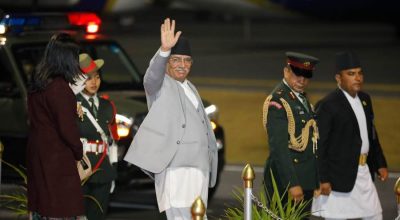
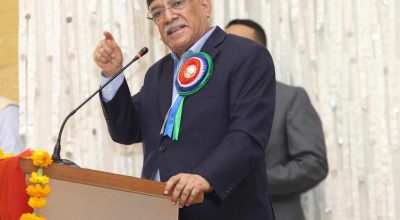
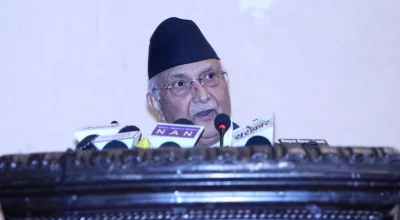
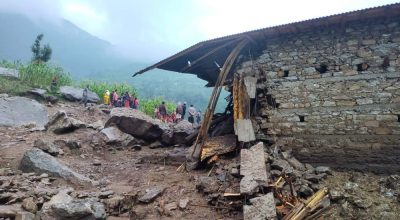
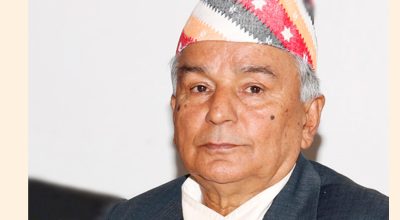
प्रतिक्रिया दिनुहोस्